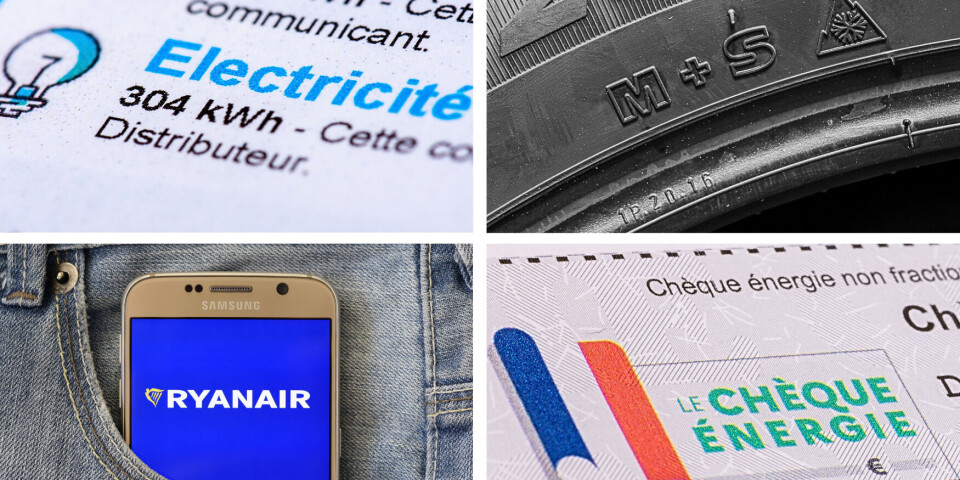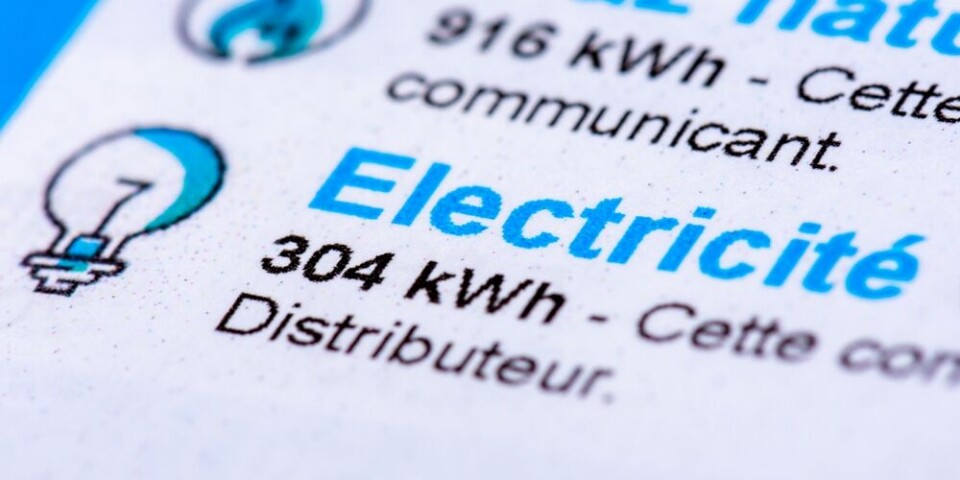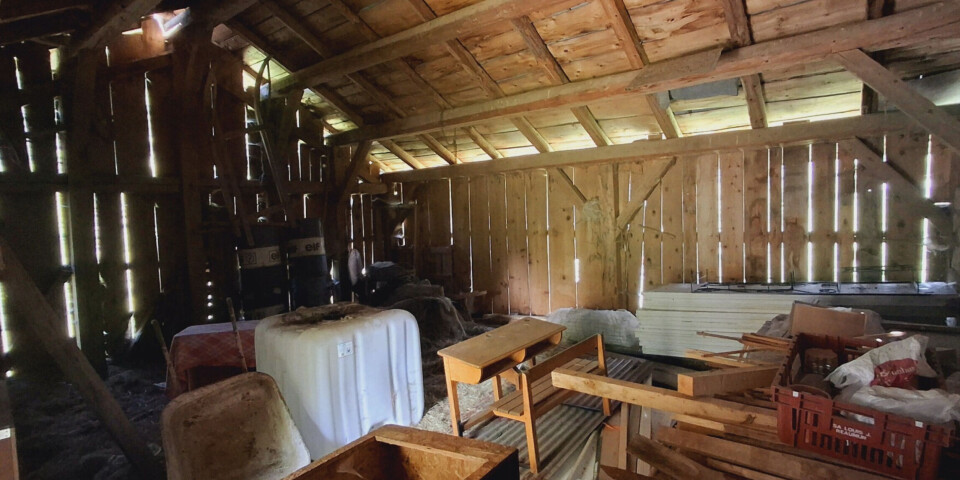-
French MPs vote through tax credit for mandatory garden undergrowth clearing
The tax credit would help with costs of annual débroussaillement in affected areas
-
What changes in France for residents in November 2025?
EES checks rollout, energy bills, taxes, and winter rules: See what is changing in France next month
-
French politics update: budget stand-off, potential new elections, and why November 15 is so important
MPs are set to hold a crucial budget vote on November 4 but it looks unlikely that consensus on text will be found
Hundreds of estate agents in France are breaking the law
A new report highlights the dishonest tactics used by many estate agents in France, including continuing to display listings for properties which have been sold

Some 62% of estate agencies inspected by the state have been found to have broken the law.
More than 1,000 branches were inspected in 2020, either because they had not been inspected in previous years, or because they had been subject to complaints.
Common infringements relate to incomplete information provided to clients and deceitful sales tactics, according to the DGCCRF, the government body in charge of competition and consumer rights.
David Lelong, who founded the website Immobilier-danger.com as an independent source of information on the housing market, said he was not surprised by the figures.
“I’ve been following the market for 15 years and I see this fairly regularly. It hasn’t changed much,” he said.
Foreigners have a greater risk
Foreigners have a greater risk of falling foul of these practices as they are likely to be less familiar with agencies’ legal obligations, he added.
Often, agency fees were not clearly visible in the windows, or were listed without tax (HT) when the law states they must be shown including tax (TTC).
Other listings said the diagnostic de performance énergétique (DPE) energy rating was en cours (in progress), even though an A-G letter grade must be given.
The report also noted that more and more listings specified fees were to be paid by the seller, rather than the buyer.
This penalises buyers, who must pay higher notaire fees as agency fees are included in the sale price, its authors wrote.
Listings where agency fees are to be paid by the buyer are also more informative as they show the price with and without fees.
Read more: Is it cheaper to sell French property with a notaire or estate agent?
“I used to advise people to change the mandate so the agency fees are owed by the buyer, which could save several hundreds of euros in notaire fees,” Mr Lelong said.
“The law has changed and it’s no longer possible to modify a signed contract in this way.”
‘Deceitful commercial practices’
A fifth of the infringements found in 2020 were for “deceitful commercial practices”, which the DGCCRF said is caused by fierce competition in the industry.
For example, continuing to display listings for properties that have already been sold, or for which the mandate has expired, or homes incorrectly listed as ‘new’ or ‘exclusive’.
Read more: Can we sue French estate agent over non-sale if price was too high?
Several mandates included an unlawful penalty clause committing the seller to pay all or part of the agency fees even if the house is sold by another agent, or to pay 50% if sellers find a buyer themselves.
“The only intermediary who can be paid is the one who handled the sale, which is why the fees are so high as it’s the only way to receive a commission,” Mr Lelong said.
The tactics outlined in the report will concern sellers more than buyers, he added, as they are the ones who can choose an agency and negotiate the fees.
It is also the seller who can request that the buyer pays the agency fees.
It is difficult to know which companies to avoid and the only way is to look at online reviews, according to Mr Lelong.
“All the branches of a company will have the same standard practices but, according to the personality of the agent, there can be attempts at manipulation.
It is linked more to the person than the network.
“Don’t hesitate to contact several agencies, see how they work and get them to explain the fees.
It is when choosing a mandate that you are able to negotiate the fees.”
The DGCCRF also highlighted questionable methods when renting out properties, particularly when it comes to the inventory.
This tends to be done “succinctly (a document of around four pages)” when the tenant moves in, before producing “an exhaustive document (around 20 pages)” at the end of the lease.
Related articles
French property in 2022 and 2023 predictions: Low sales, rising prices
Estate agents bypassed as French property prices rise
French property: Fixed-price estate agent could save clients €16,000
























